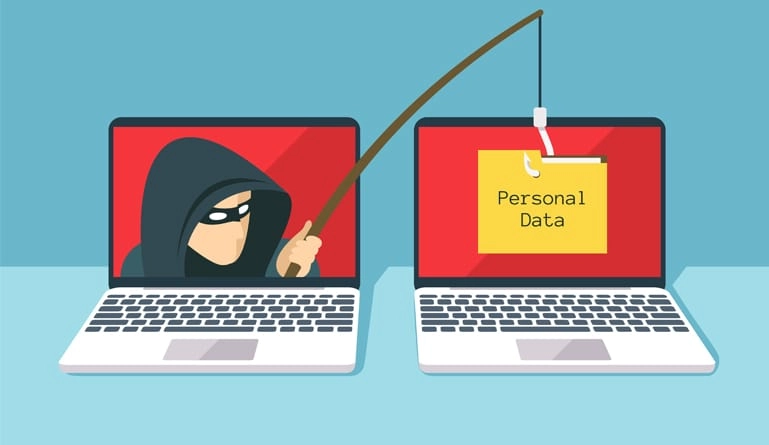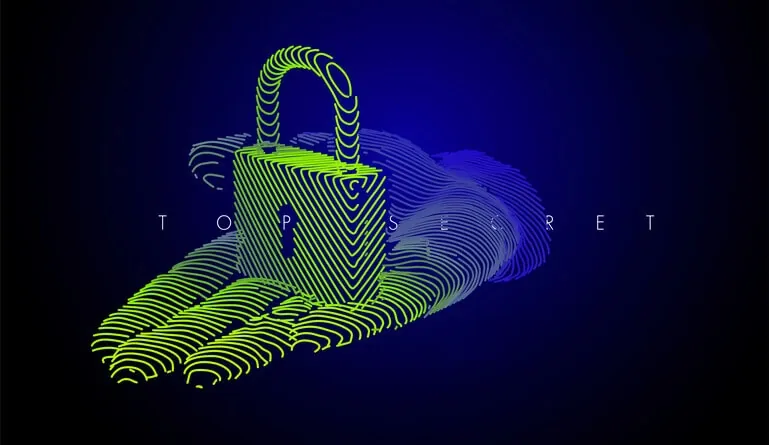Follow these best practices to protect your information from a phishing scam.
You can never be too careful when it comes to computer security. If you are worried about falling victim to a phishing scam, follow these best practices and learn how to prevent spear phishing.
Phishing attacks have been around for many years and it doesn’t seem like they will disappear any time soon. This is because cybercriminals have had massive success in scamming unsuspecting people with their phishing scams. No one wants to fall victim to a phishing scam but if you’re not careful, it could easily happen to you. There are, though, many phishing prevention best practices to follow to help keep you safe from phishing scams. If you follow these ways in how to protect against phishing scams, you will never fall for one of these scams again.
How to Prevent Phishing Attacks
The best way in how to prevent phishing and spoofing scams from tricking you is to stay informed about the different phishing techniques that cybercriminals are using. Phishing scams are developing all the time so if you are not staying up to date with new phishing techniques, you could easily fall victim to one. If you are part of your business’s IT team, make sure you are constantly providing your company’s employees with security awareness training and even provide simulated phishing scams for the employees. This will keep security top of mind throughout your business. Making sure all employees are proactive about their security awareness is the best way in how to prevent phishing scams from attacking your business.
A good thing to remember when you’re on the web is to think before you click on any links. While it is alright to click on links that are on trusted, verified sites, it is never smart to click on links that appear in random emails or instant messages. If you are unsure about a link you are about to click, hover over the link and verify that it is going to take you to the correct place. Phishing emails have gotten more sophisticated but there are still signs that prove they are fake. A good phishing email might claim it is from a legitimate company and even lead you to a website that looks just like the real company’s website and ask you to fill in information. These emails, though, often don’t contain your name and are even addressed ‘dear customer’. Watch out for these emails and again, think twice before you click any links you’re unsure about.
If you have fallen victim to a phishing scam before, it would be very beneficial for you to install an anti-phishing toolbar on your web browser. Most of the popular web browsers can be customized with an anti-phishing toolbar and these toolbars can run quick checks on any site you visit. This toolbar will compare any site you visit with a list of known phishing sites and alert you if you are visiting a malicious site. These toolbars are completely free and will give you peace of mind about falling victim to another phishing scam.
After being knowledgeable about the current phishing scams cybercriminals are conducting, the next best thing you can do to ensure that you are not falling victim to one of these malicious scams is to verify the security of any site you visit. It is healthy to be a little suspicious when you’re providing sensitive information online. Before you submit any information, verify that the site begins with ‘https’ and that there is a closed lock icon near the address bar. You should also check for the site’s security certificate to verify that it is not malicious. Oftentimes, you will receive a message stating that a website is malicious and if you do, you should never open this website. Also, never download any files from a website you have not verified. These files can contain malicious viruses that can steal all your computer’s information.





